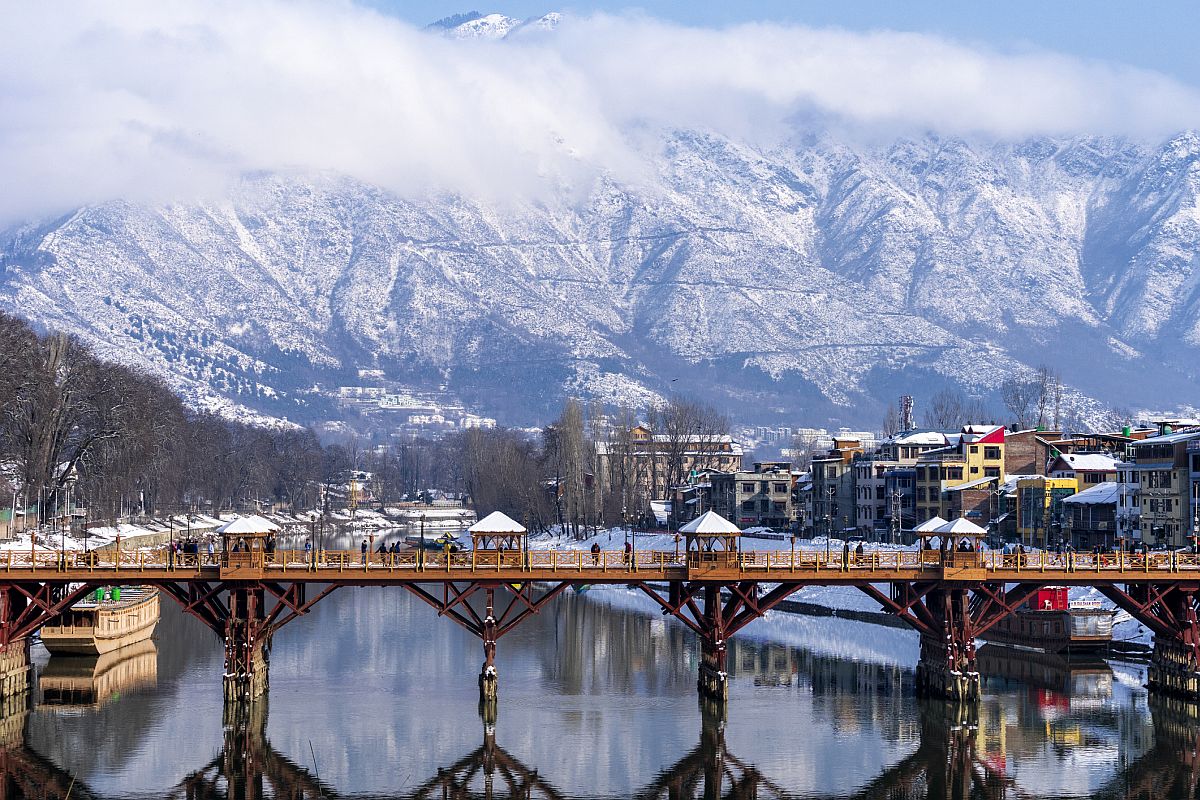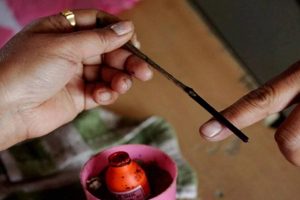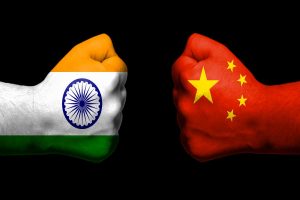As Jammu and Kashmir on Thursday completes two years of abrogation of the Article 370 and splitting of the state into two Union Territories (UTs), but the challenge of Pakistan backed terror strikes still remains although the incidence of Kashmiri youth picking up the gun has slightly dipped. The special status of J&K was scrapped by the Modi government on 5 August 2019.
Terror strikes particularly in the Kashmir valley have increased as the second anniversary of abrogation of Kashmir’s special status was approaching. Many top Pakistani terrorists have been killed in encounters with security forces during the past few days.
Security forces had killed 90 terrorists during seven months of this year till yesterday but about 225 were still active, said the IGP (Kashmir) Vijay Kumar.
Pakistani agencies were aiding terror outfits in evolving modern technologies of carrying out their activities firstly by pushing in terrorists through cross-border tunnels and now engaging drones for attacks and smuggling arms and ammunition.
Not satisfied on being downgraded as UT, voices of restoration of statehood are increasing in J&K and Ladakh UTs.
Although the Lt. Governor Manoj Sinha says that development has been accelerated in J&K after it became a UT, but the opposition parties take the statement with a pinch of salt and were demanding restoration of statehood and elections for the assembly.
One of the major corrective measure taken by the UT government was the quiet burial of the 149 years old expensive practice of “Durbar Move” under which the government offices would move to Srinagar for the six summer months and to Jammu in winters. Steps have been taken to make bureaucracy and official functioning more transparent. The hurdles in the way of CBI in taking cognizance of corrupt practices have been removed and the UT’s Anti-Corruption Bureau has also become active.
Flow of funds for development projects has been streamlined in the past few months.
Prime Minister Narendra Modi took the initiative of breaking the ice in June and invited J&K leaders for talks. However, leaders of the National Conference, PDP, Congress and other opposition parties are growing restive on the “delay” in implementation of his commitment of strengthening democratic process in the region.
Spokesman of the Peoples Alliance for Gupkar Declaration (PAGD), Mohammad Yousuf Tarigami said that the 5 August decision of the centre is consistently unacceptable to the people of J&K as all promises made by the centre to us have not been fulfilled.
He described BJP’s ‘Naya Kashmir’ slogan as a “joke” and said that the centre had perpetrated an “unprecedented assault” on the Constitution thereby “damaging” Jammu and Kashmir’s bond with India. The PAGD lamented that J&K was divided into two Union Territories without the consent of people. The PAGD alleged that “unconscionable suppression of civil and democratic rights continues unabated”. The PAGD also condemned the recent order which states that those involved in ‘law and order and stonepelting cases’ will not get clearance for passport and government jobs. Maintaining that ‘adverse police report’ cannot be a substitute for a court verdict, the statement lamented that the dissonance between the Centre and J&K is deepening despite PM Modi’s meeting with key political leaders.
Jammu and Kashmir Peoples Conference (JKPC) in a statement on Wednesday said that 5 August will perpetually be remembered as a “dark day” and a “day of disempowerment in the history of J&K”.
Ahead of the second anniversary of having become a UT, the leaders of the Buddhist dominated Leh and Muslim majority Kargil districts of Ladakh are also demanding statehood and a legislative assembly for the region. The Ladakhi leaders, Thuptsan Chhewang and Asgar Ali Karbali have rejected the J&K type domicile law and were demanding safeguards on the pattern of the Article 371. They also demanded recruitment as per the previous state subject law under which outsiders were not eligible to apply for jobs in the erstwhile J&K.












